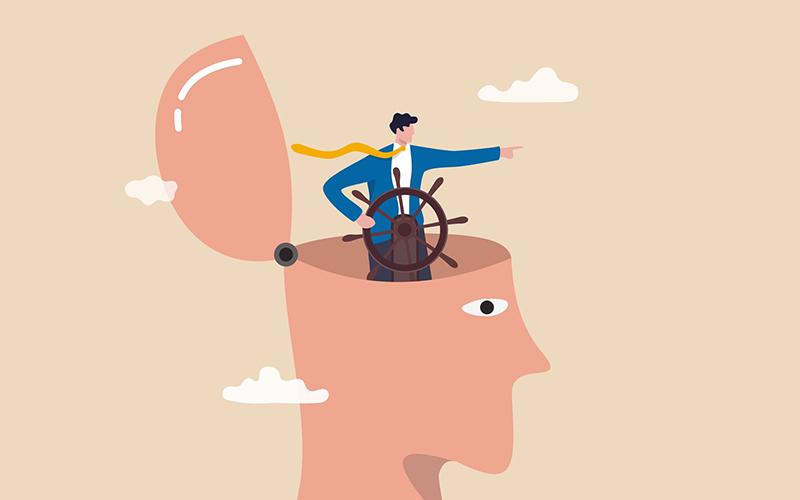Understanding Self-Esteem and the Importance of Self-Evaluation
Self-esteem is a fundamental aspect of our psychological well-being. It influences how we perceive ourselves, how we interact with others, and how we navigate through life’s challenges. Understanding and evaluating our self-esteem can provide valuable insights into our mental health and personal growth. This article delves into the concept of self-esteem, its significance, and the reasons why self-evaluation is crucial.
What is Self-Esteem?
Self-esteem refers to the overall sense of self-worth or personal value. It is the degree to which we feel confident, valuable, and worthy of respect. Self-esteem is not static; it can fluctuate based on our experiences, relationships, and personal achievements. High self-esteem is characterized by a positive self-view, while low self-esteem involves a negative perception of oneself.
Components of Self-Esteem
- Self-Confidence: Belief in one’s abilities and judgment.
- Self-Respect: Valuing oneself and maintaining personal integrity.
- Self-Worth: Feeling deserving of love, respect, and happiness.
- Self-Acceptance: Embracing oneself, including strengths and weaknesses.
The Importance of Self-Esteem
- Mental Health: High self-esteem is associated with positive mental health outcomes, including lower levels of anxiety and depression. It fosters resilience and helps individuals cope with stress and adversity.
- Relationships: People with healthy self-esteem tend to have more fulfilling and stable relationships. They are better at setting boundaries, communicating effectively, and maintaining mutual respect.
- Personal Growth: Self-esteem influences motivation and the pursuit of personal goals. It encourages individuals to take on challenges, learn from failures, and strive for self-improvement.
- Decision-Making: A strong sense of self-worth enhances decision-making abilities. It allows individuals to trust their judgment and make choices aligned with their values and aspirations.
Why Self-Evaluation of Self-Esteem is Important
- Self-Awareness: Self-evaluation helps individuals gain a deeper understanding of their self-esteem levels. It highlights areas of strength and identifies aspects that may need improvement.
- Personal Development: By assessing self-esteem, individuals can set realistic goals for personal growth. It provides a roadmap for enhancing self-worth and building a more positive self-image.
- Mental Health Monitoring: Regular self-evaluation can serve as a mental health check-up. It allows individuals to recognize early signs of low self-esteem and take proactive steps to address them.
- Empowerment: Understanding one’s self-esteem empowers individuals to make informed decisions about their lives. It fosters a sense of control and agency, leading to more confident and assertive behavior.
- Improved Relationships: Self-evaluation can improve interpersonal relationships by promoting self-awareness and emotional intelligence. It helps individuals understand how their self-esteem affects their interactions with others.
How to Evaluate Self-Esteem
- Self-Reflection: Take time to reflect on your thoughts, feelings, and behaviors. Consider how you perceive yourself and how you react to different situations.
- Questionnaires and Scales: Utilize standardized self-esteem questionnaires and scales to assess your self-worth. These tools provide a structured approach to self-evaluation.
- Feedback from Others: Seek feedback from trusted friends, family members, or professionals. Their perspectives can offer valuable insights into your self-esteem.
- Journaling: Maintain a journal to document your experiences, thoughts, and emotions. Regular journaling can help track changes in self-esteem over time.
- Professional Help: Consider consulting a mental health professional for a comprehensive evaluation. Therapists can provide guidance and support in understanding and improving self-esteem.
Conclusion
Self-esteem is a vital component of our overall well-being. It shapes our thoughts, behaviors, and interactions with the world. By regularly evaluating our self-esteem, we can gain valuable insights into our mental health, foster personal growth, and build a more positive self-image. Whether through self-reflection, questionnaires, or professional help, taking the time to assess and understand our self-esteem is a crucial step towards leading a fulfilling and empowered life.



